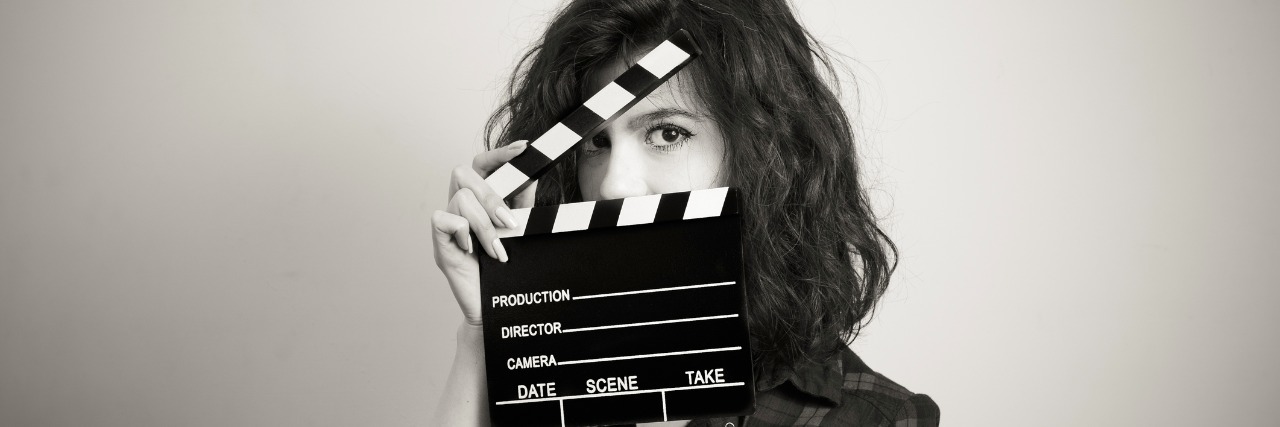When I was in elementary school, we put on a play called, “How the West was Really Won.” I had my heart set on a speaking part for the play, so I scheduled an audition for it. At that age, I hadn’t gotten to the point where I was insecure about my singing voice, so I quickly auditioned for my school’s “Honor’s Choir” as well. I hadn’t started telling myself yet I was too introverted to be in front of a large crowd or only outgoing, “big” personality kind of people were suited for drama. As fate would have it, I got very sick for two weeks and missed the chance to earn a role.
Since then, I have always had an appreciation for the arts, but carefully stayed on the periphery of the artistic world. I participated and eventually assisted with the church’s children’s choir. I put together slides for the worship team’s worship band. I cheered on friends in high school plays and was the one who would always agree to go with my mom to an opera.
It is truly ironic that — through no deliberate effort on my part —I have become an incredible actor. I play the part of the diligent, smart and kind student and soon-to-be professional very well.
In actuality, none of those things are really all that untrue about me. I am a good, hardworking student with relatively good success thus far. However, what it fails to describe is the deep darkness within me I am fighting on a daily basis. It’s the aching and desperation, covered by a smile that really underscores the power of my acting.
For a long time, I wasn’t only acting for the world, but pretending to myself I was OK. I told myself any small procrastination or disinterest in my work was merely laziness. I felt like I wasn’t living up to the hard work ethic that had been instilled in me. I believed what I had been told, that graduate school was supposed to be this hard. I told myself over and over this was just a particularly bad week and I just needed to hold it together for one week and I would be fine.
I eventually couldn’t deny something felt really wrong inside. I didn’t tell anyone, but started going to counseling where I found out I really wasn’t making this stuff up. There really was something more going on. Slowly, through counseling, I started acting less to myself, but maintained my façade for the world. I kept up a strong academic and professional performance. None of my professors or even supervisors (who observed me one-on-one) had any idea I had depression or I felt like I was completely coming apart.
As the stressors in my program continued to increase, my major depression and symptoms got worse and worse. As this progression occurred, my acting skills kept up pace. No one guessed I wasn’t doing OK.
I eventually told one supervisor who was not grading me that semester, and it branched out from there. Those who I told were shocked and surprised, if they took me seriously at all. Experiences of unwillingness to accommodate, misunderstandings and even discrimination reinforced the notion that acting was really the way to go. I quickly became “too good” at acting.
Fear of discrimination and the hard reality that acting is sometimes the only way to get through, have made my life a stage. From internships to job interviews to acquaintances and people at church, I play the part of someone who is healthy. It is exhausting.
Meanwhile, I am dealing with the frustrating mental health system, fighting chronic exhaustion every morning and trying to figure out new ways to cope on a daily basis.
I don’t love the fact I am an actress in my own life. What I can say, however, is the mask is me too. All the positive things I portray to the world are a part of me too. And I’m making it day by day.
If you or someone you know needs help, visit our suicide prevention resources page.
If you need support right now, call the National Suicide Prevention Lifeline at 1-800-273-8255 or text “START” to 741-741.
We want to hear your story. Become a Mighty contributor here.
Thinkstock photo via fabioderby.

